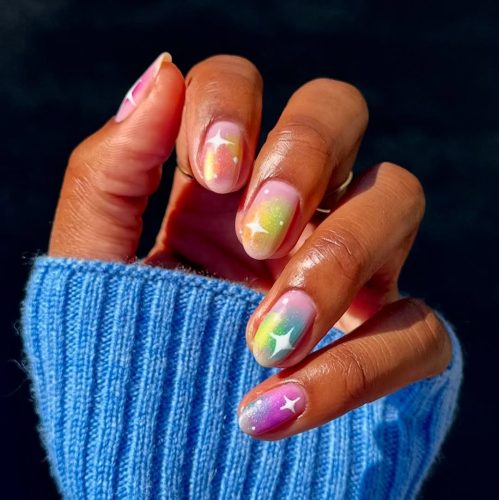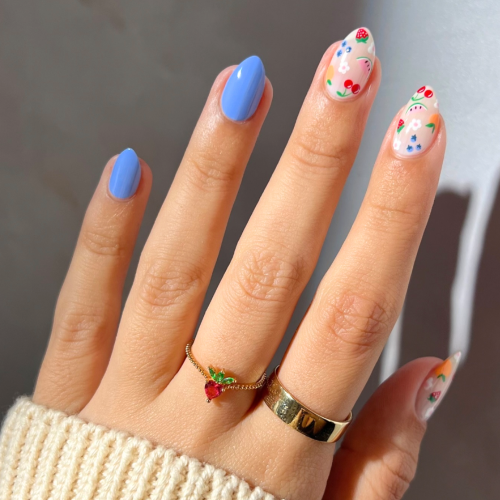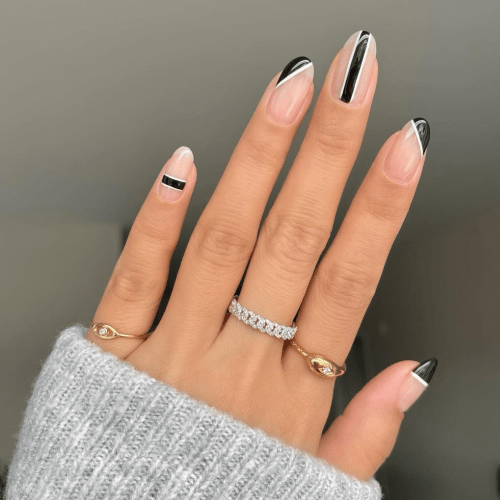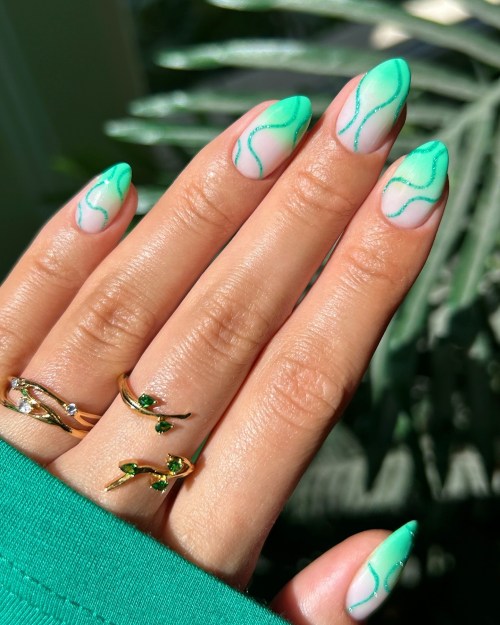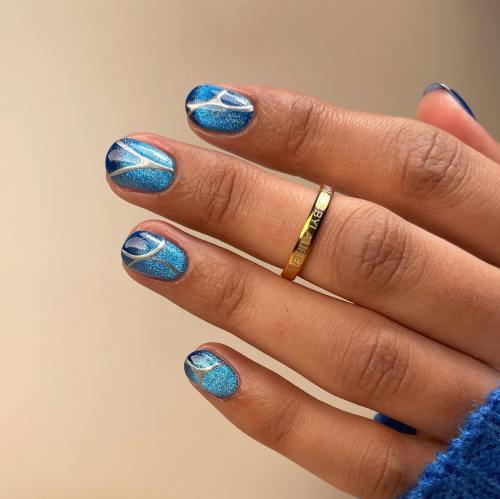7 *Major* Red Flags a Podiatrist Wants You To Look Out for Ahead of Your Next Pedicure Appointment
To make sure you're getting a clean and safe pedicure, a podiatrist wants you to stay on the lookout for a few pedicure red flags.

Getting a pedicure is one of the most relaxing, accessibly-priced beauty services you can get. But they’re not so zen-inducing if they leave you with a fungal infection. To make sure you’re getting a clean and safe pedicure, Suzanne Levine, DPM, a podiatrist in New York City, says you want to stay on the lookout for a few pedicure red flags.
Experts in This Article
aesthetic podiatrist and podiatric foot surgeon
“We’ve seen a lot of ingrown toenails, fungal nails, and warts after pedicures,” says Dr. Levine. To avoid these issues, it’s important to go somewhere that’s following good hygiene protocols. Keep reading for seven red flags to look out for ahead of your next pedicure. Depending on the severity of the issue and how you feel, seeing any of the above is enough to ask your nail tech to change what they’re doing or, in some cases, straight up leave.
7 pedicure red flags to be on the lookout for
1. The space is dirty
“The first thing do is the look-and-see test,” says Dr. Levine, meaning that you want to tune into what’s going on in the space and make sure things appear clean. If there’s visible dirt and grime or any open food sitting around, for example, that’s usually a sign that things aren’t quite as hygienic as they should be. If this is the case, your best bet is to find a different salon.
2. You don’t see certifications
All states require pedicurists to obtain a license, and most salons hang their certifications on the wall so clients can easily confirm that they’re legit. “Check and see if they’re really specifically trained and if they’re nail technicians,” says Dr. Levine. If they’re not certified, that means they didn’t receive proper training to understand the right, hygienic way to do things, and are more likely to do any of the below—which can lead to issues like infections.
3. The tub isn’t properly prepped
“When you submerge your feet into the bath, make sure they’re using one a single-use plastic covering that’s changed between clients,” she says, adding that it’s also important to ensure the tubs are being cleaned between each use (yes, even if they’re covered in plastic). Understandably, it’s not great to share foot water with someone else. Unlike, say, swimming pool water, this water doesn’t contain self-cleaning ingredients. Since the technician is removing dead skin from people’s feet, all of their potential foot fungus and bacteria are left floating around in the tub (which is exactly as gross as it sounds). If the tub isn’t properly cleaned and filled with fresh water, you run the risk of catching any and everything that they may have.
4. Their hands aren’t clean
Keep a close eye on what your nail tech is doing when they switch from treating the previous client’s feet to treating yours. Did they wash their hands? And if they’re wearing gloves, did they swap for a fresh pair? If not, it’s the same situation as the pedicure water: they may be passing their previous client’s foot fungus and bacteria onto you.
5. You can’t tell if the instruments are new or sterilized
When your technician sits down with their tools, make sure their instruments are taken out of a bag. Porous items like buffers and non-metal files should be new for every client, as it’s impossible to sanitize them. And metal instruments should be in a bag following cold sterilization between clients. If they’re not following these steps between clients, once again fungus and bacteria “are taken from client to client, point A to point B, so that’s an issue,” says Dr. Levne.
6. They’re trying to use a scalpel
“In order to use a blade in the state of New York, you have to be a physician,” says Dr. Levine. “Unfortunately, a lot of medical spas use the blades and it’s dangerous.” She adds that for people who have diabetes, vascular disease, peripheral vascular disease, or other comorbidities, one wrong move with a scalpel (which can happen easily in an untrained hand) can cause a whole host of problems, including infection.
Although this law isn’t the same from state to state, it’s a good general rule to follow wherever you are and make sure your tech isn’t using a scalpel. (And FWIW, don’t try to use one on yourself at home!)
7. They want to cut your cuticles/file the sides of your nails
“I would not have them cut the cuticles on the nails—especially the toenails—or cut the sides of the nails. That’s hands off,” says Dr. Levine. “That can cause some real issues, so you don’t want them to do that. The best thing you can do is have them massage [your feet], maybe push back the cuticles, and cut the nail straight across.” When they do cut cuticles and get to the sides of the nail, there is a higher risk of ingrown nails and infections.
Skip the salon altogether and try an at-home pedicure:
Want even more beauty intel from our editors? Follow our Fineprint Instagram account for must-know tips and tricks.
Sign Up for Our Daily Newsletter
Get all the latest in wellness, trends, food, fitness, beauty, and more delivered right to your inbox.
Got it, you've been added to our email list.
